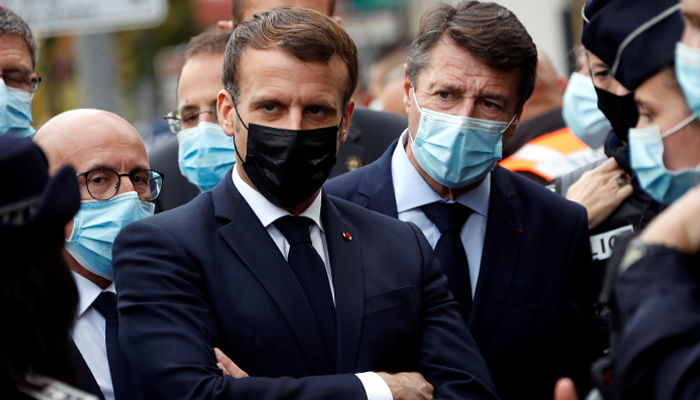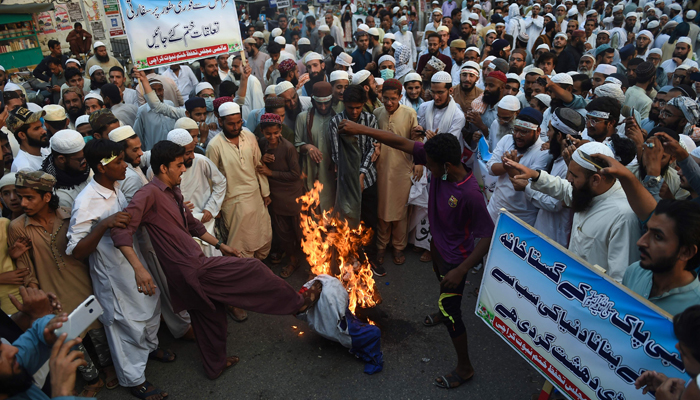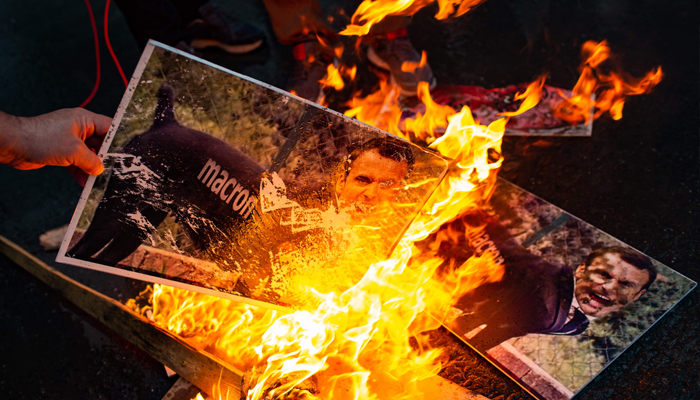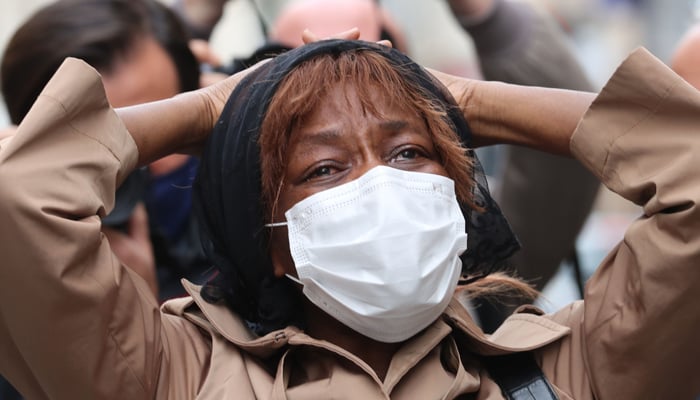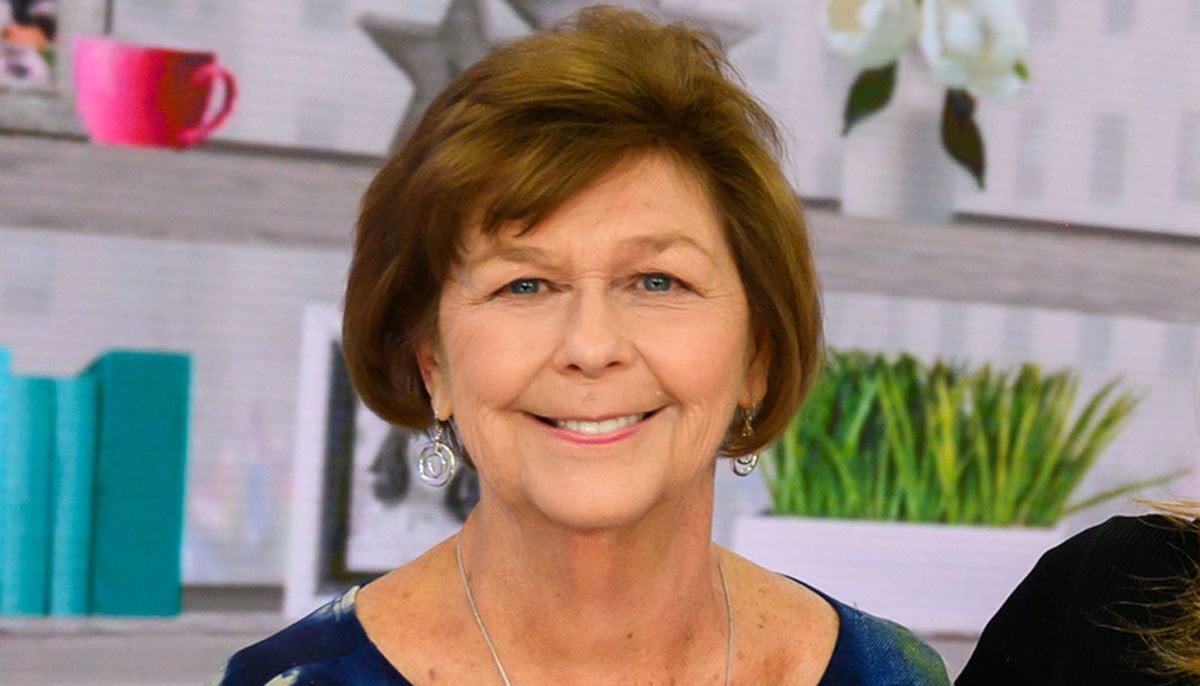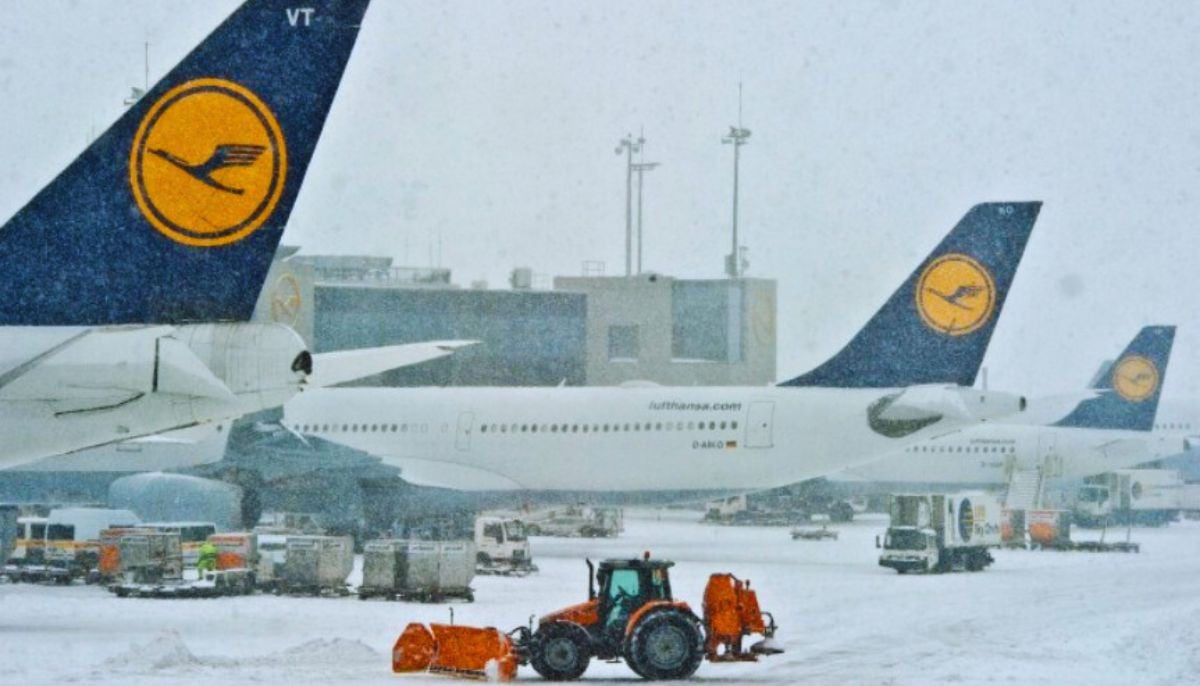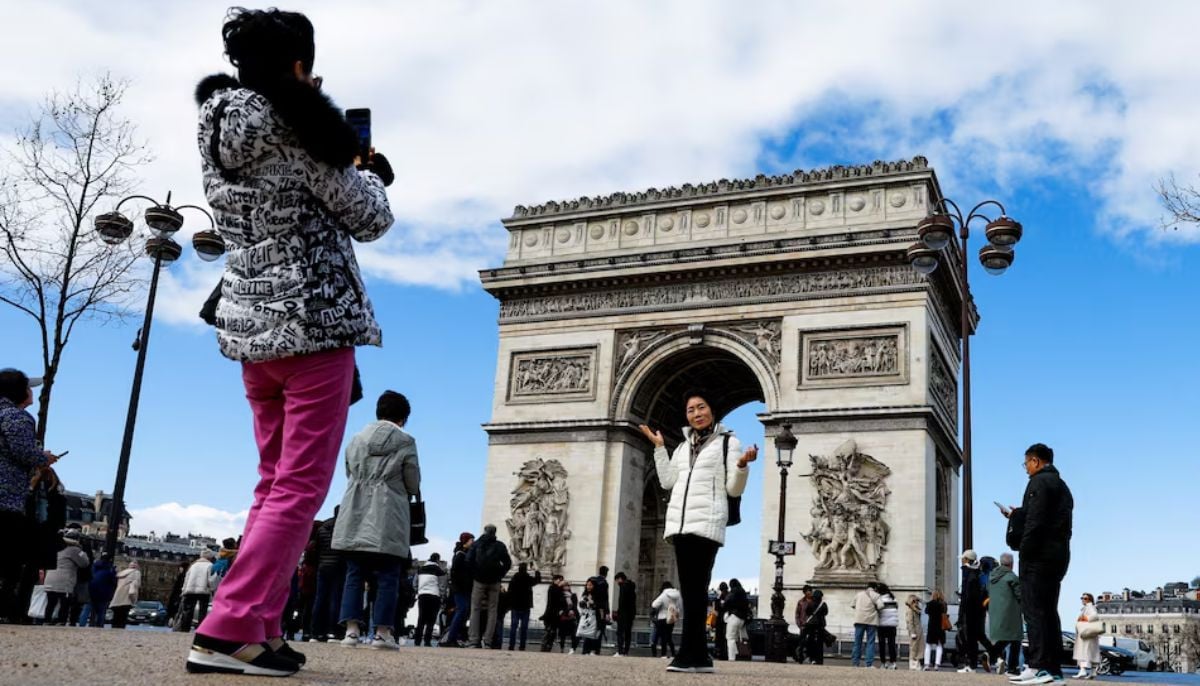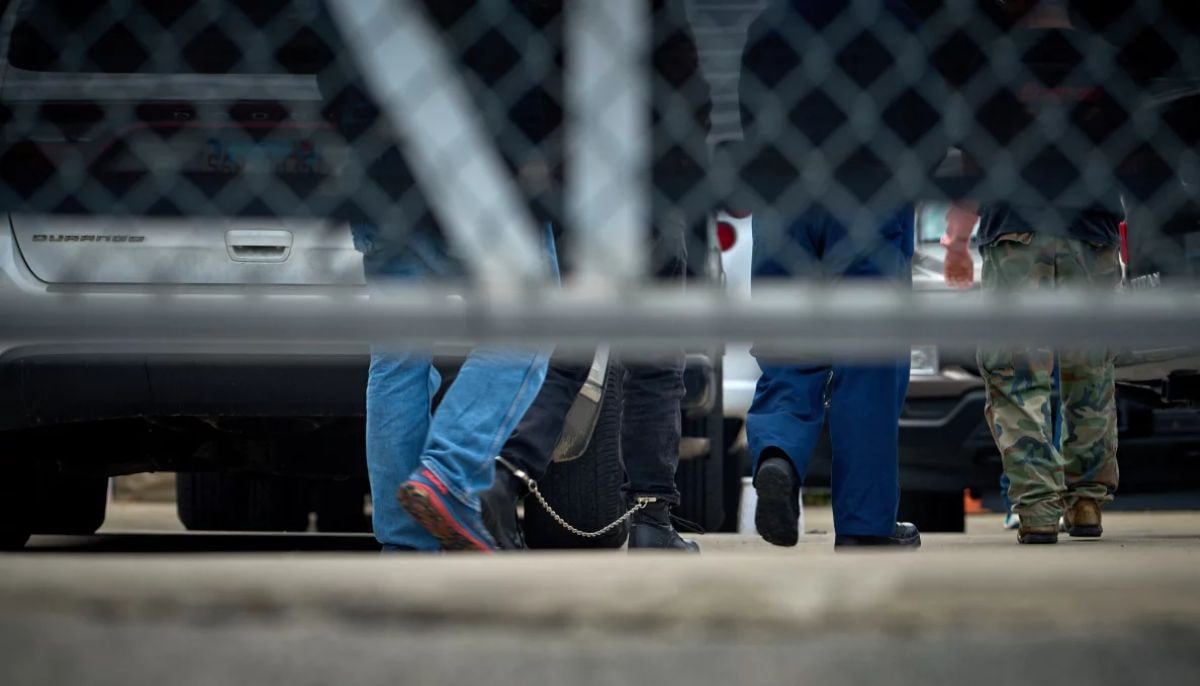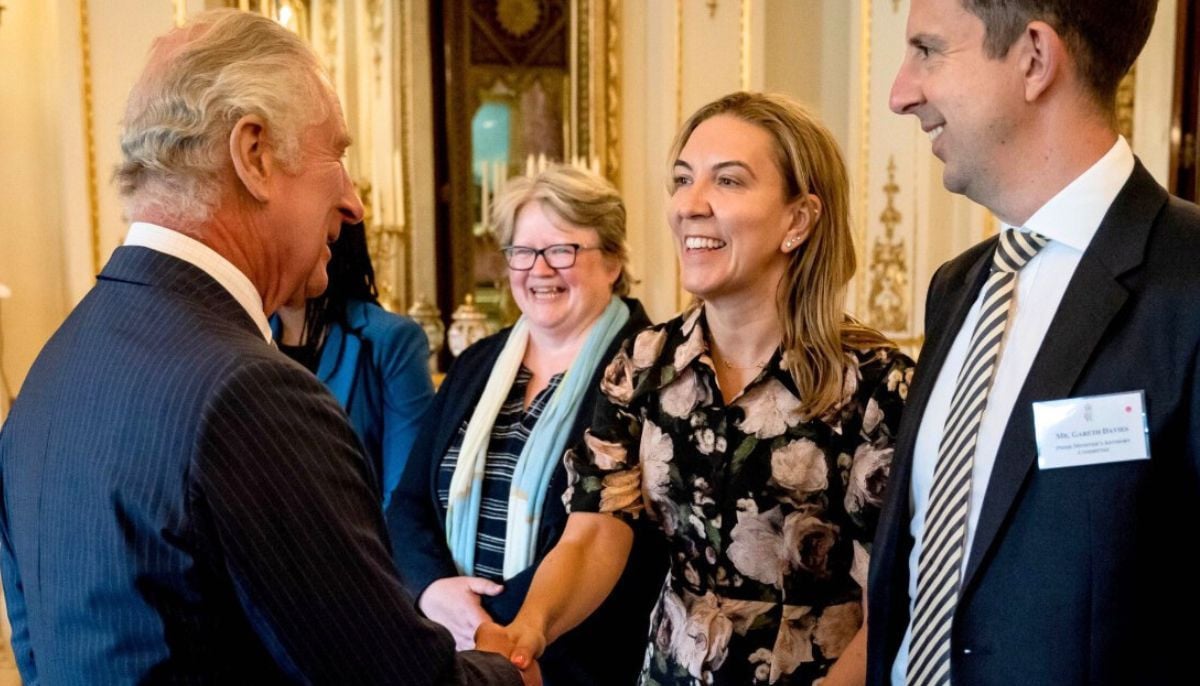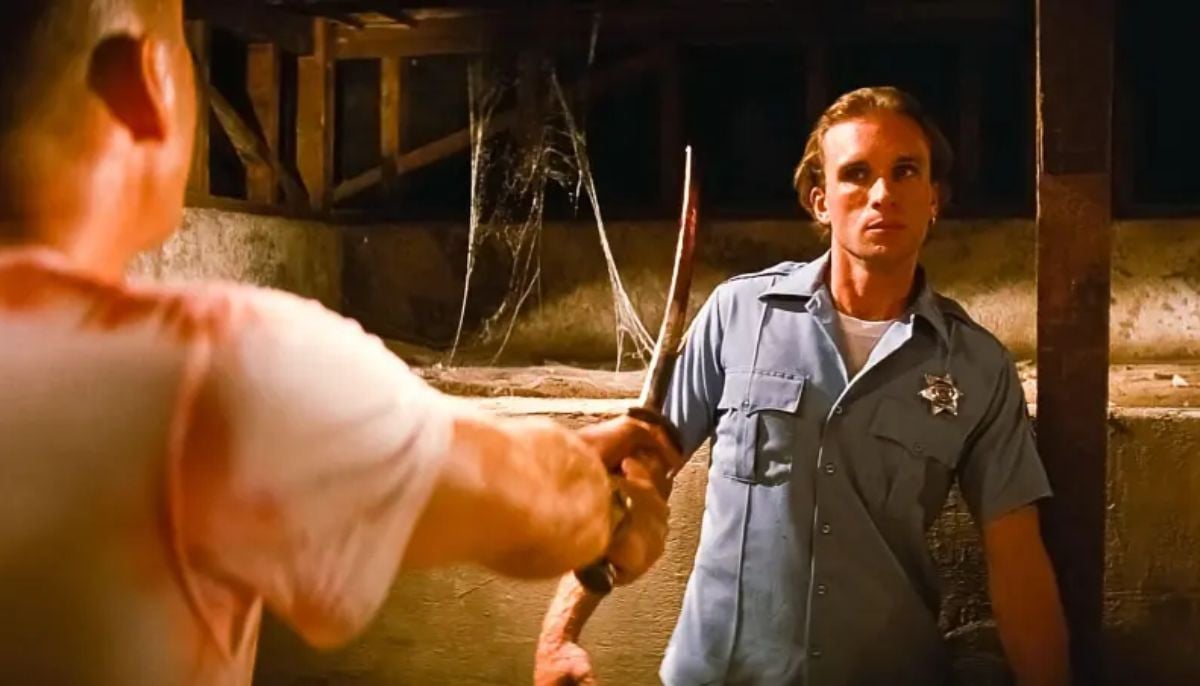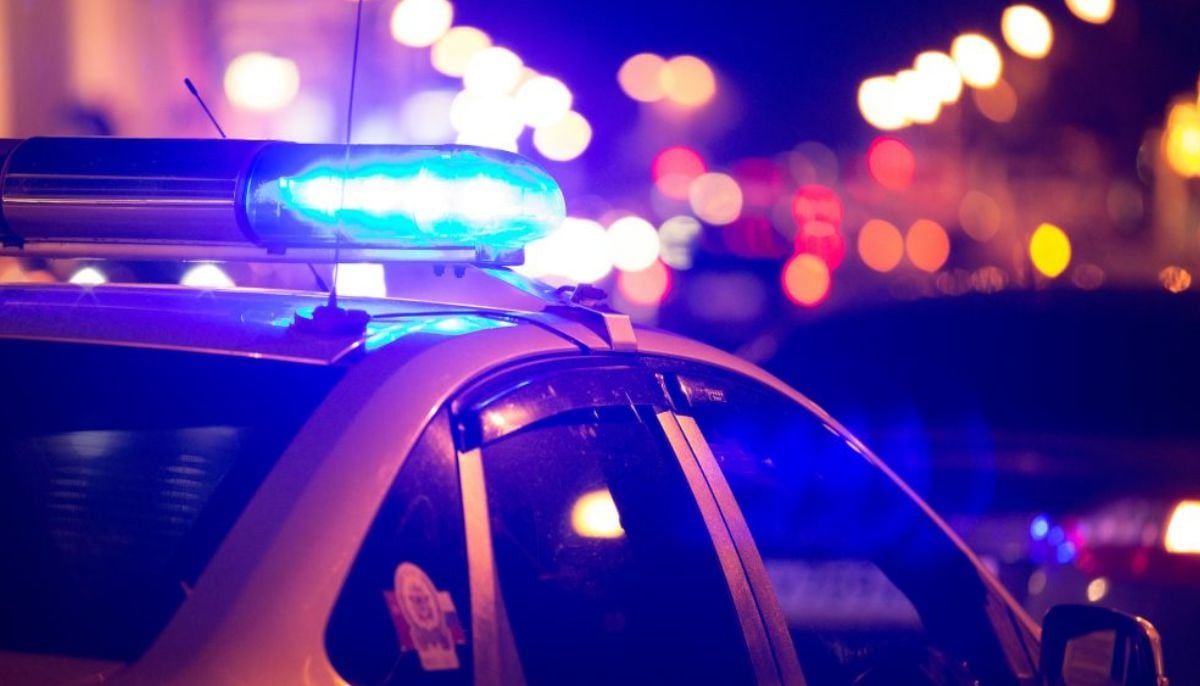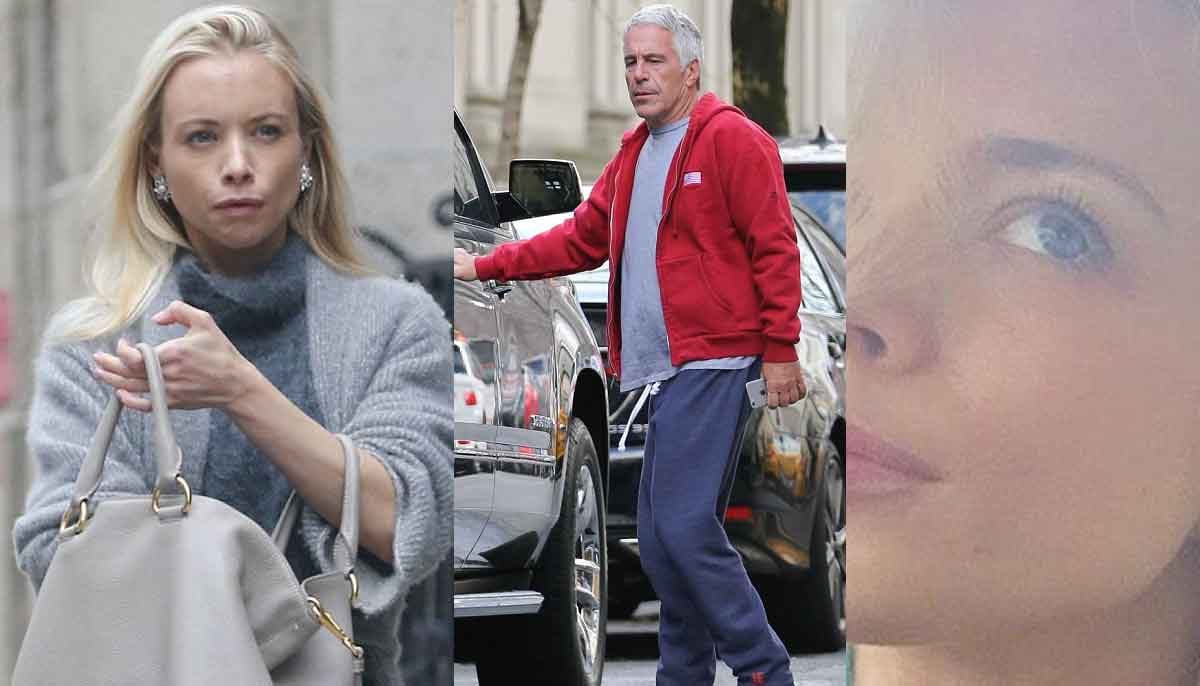My role is to calm things down, protect right of freedom of speech: French President Macron
'My role is to calm things down, as I am doing here, but at the same time it is to protect these rights,' Emmanuel Macron says
PARIS: French President Emmanuel Macron said Saturday he understood and respected the feelings aroused by caricatures of Holy Prophet Mohammed (PBUH) in a bid to calm tensions with Muslims in France and around the world but vowed never to accept the violence.
The French president spoke to an Arab TV channel when he issued these comments, hinting that he sought to calm flaring tensions with Muslims around the world. However, he lashed out at "lies" that the French state was behind the caricatures.
France is on edge after the republication in early September of cartoons of Holy Prophet Mohammed (PBUH) by the Charlie Hebdo weekly, which was followed by an attack outside its former offices, the beheading of a teacher, and an attack on a church in Nice Thursday that left three people dead.
The country was further shaken by a new incident on Saturday, when an attacker armed with a sawn-off shotgun shot an Orthodox priest as he closed his church in the French city of Lyon before fleeing, a police source said.
The 52-year-old priest, who has Greek nationality, was shot in the liver at point-blank range and taken to hospital in a serious condition, the sources added.
A suspect was arrested later Saturday, Lyon's public prosecutor said, with the motive of the attack remaining unclear.
Protests in Islamic world
The Islamic world had erupted in large protests in various countries — fuelled by Muslim leaders — after Macron said France would never renounce its laws for freedom of speech and that permitted blasphemous caricatures.
The French president's remarks had come after the gruesome killing earlier this month of Samuel Paty, a teacher who had shown his class the controversial cartoons and was subsequently beheaded by an 18-year-old Muslim of Chechen descent, Abdoullakh Abouyedovich Anzorov.
In his recent interview to Qatar-based TV channel Al-Jazeera, Macron struck a softer tone and described in length his vision. "I can understand that people could be shocked by the caricatures but I will never accept that violence can be justified," he said.
"I understand the feelings that this arouses, I respect them. But I want you to understand the role that I have. My role is to calm things down, as I am doing here, but at the same time it is to protect these rights.
"I will always defend in my country the freedom to speak, to write, to think, to draw," he added.
'Relied on lies'
The French president, regardless, lashed out at the "distortions" from political leaders over the cartoons, saying it was too often that people were led to believe they were a creation of the French state.
Macron slammed "a confusion that has been fed by many media — and sometimes political and religious leaders — which is to say that these caricatures are in a way the project or the creation of the French government or the president".
He also denounced calls for a boycott of French goods — backed, in particular, by Turkish President Recep Tayyip Erdogan and taken up by some retailers in Muslim countries — as "unworthy" and "unacceptable".
The campaign, he explained, was created by some private groups "who relied on lies... sometimes from other leaders" about the caricatures.
Even before the attack on Paty, Macron had promised a tough new campaign against Islamist radicalism in France, which has claimed the lives of hundreds of people since 2015.
Protests erupted Friday in Afghanistan, Pakistan, Bangladesh, Mali, Mauritania, and Lebanon, the latest in a string of mass rallies denouncing France.
'Too early to say'
France is still reeling from the latest attack in Nice, which Macron described as an incident of religious extremism.
French authorities were on Saturday seeking to ascertain if a young Tunisian suspected of killing three people in a knife rampage inside a Nice church had outside help.
Brahim Issaoui, 21, only arrived in Europe from Tunisia last month and, according to prosecutors, killed a church employee, a Brazilian woman, and a French woman in the attack in the Notre-Dame Basilica on Thursday morning.
The attacker cut the throat of Nadine Devillers, 60, and the sexton Vincent Loques, 55. A Brazilian mother, Simone Barreto Silva, who was stabbed several times, took refuge in a nearby restaurant but died of her wounds there.
Issaoui was shot by police multiple times and is currently in a grave condition in hospital. Investigators have been unable to question him and his precise motivations remain unclear.
"It is still too early to say if there were others complicit, what his motivations were in coming to France, and when this idea took root in him," said a source close to the inquiry who asked not to be named.
Investigators believe Issaoui travelled illegally to Europe via Italy's Mediterranean island of Lampedusa on September 20. He arrived at the mainland Italian port of Bari on October 9 before coming to Nice just one or two days before the attack.
French police on Saturday arrested another Tunisian man, bringing to four the number of people being held in connection with the deadly attack in Nice.
-
Keir Starmer appoints 'Dame Antonia Romeo' as first female head of UK service
-
Russia sounds alarm over Iran tension as US forces surge in region
-
France on red alert: Storm Pedro batters southwest following record 35 day rain streak
-
Headway made in Nancy Guthrie case: report
-
'Pulp Fiction' actor Peter Greene died in accidental gunshot, officials confirm
-
Three men discovered dead in Detroit basement as passerby alerts police
-
Susan Hamblin draws renewed scrutiny after 'your littlest girl' email surfaces
-
South Korea’s Ex-President Yoon Suk Yeol sentenced to life over power abuse, martial law orders
